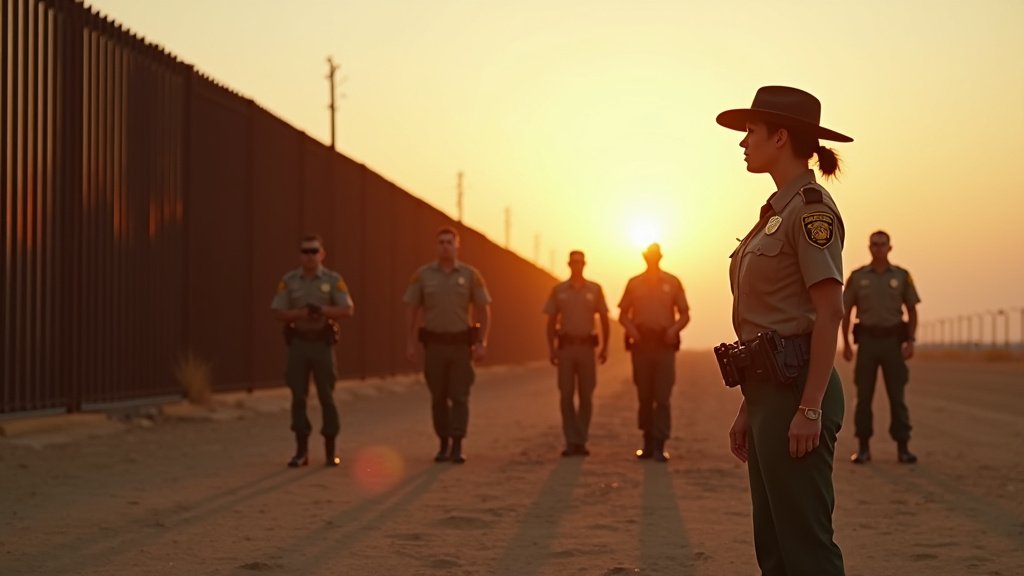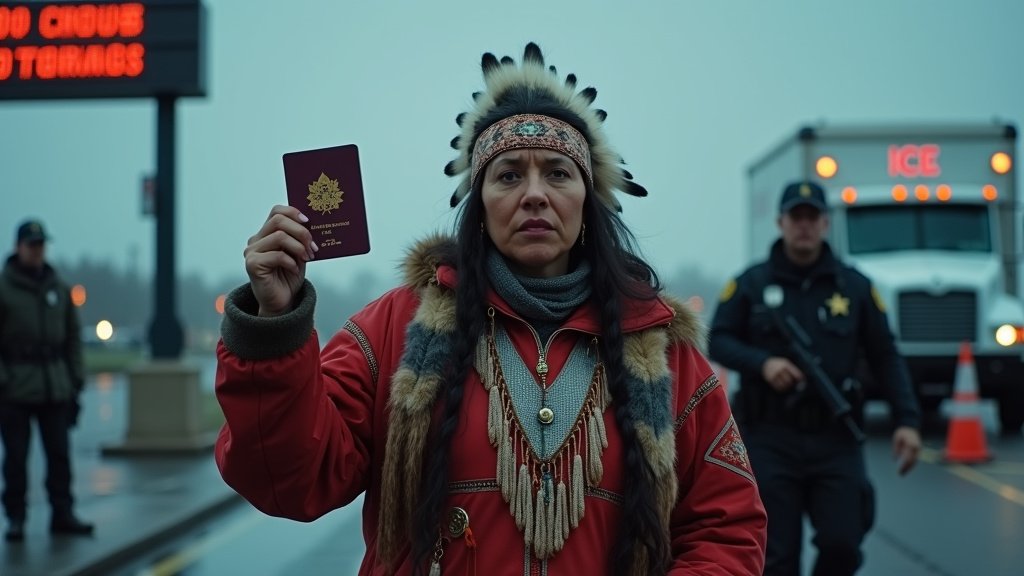The United States has implemented significant changes to the H-1B visa program, introducing a substantial $100,000 fee for new petitions and proposing alterations to the lottery system. These developments, initiated by a presidential proclamation on September 19, 2025, are poised to reshape the landscape for employers seeking to hire foreign professionals and for international students aiming to work in the U.S. post-graduation.
New $100,000 Fee and Lottery Prioritization Shake Up H-1B Program
A presidential proclamation, effective September 21, 2025, mandates a $100,000 fee for nearly all new H-1B visa petitions filed after that date. This represents a dramatic increase from the previous petition costs, which typically ranged from $2,000 to $5,000, depending on employer size. The new fee applies to individuals located outside the U.S. at the time of filing for whom first-time H-1B petitions are submitted. While certain categories, such as extensions, amendments for individuals already in H-1B status in the U.S., and petitions filed before September 21, 2025, appear to be exempt, significant questions regarding its precise application remain. Legal challenges to this fee have already been filed, alleging it is unlawful and unconstitutional.
In parallel, the Department of Homeland Security (DHS) has proposed changes to the H-1B lottery system, shifting away from a purely random selection to a weighted approach. Under this proposed system, which is currently open for public comment, registrations will be prioritized based on the salary offered to the beneficiary. This means that positions offering higher salaries, particularly those at Level IV (the highest wage level), will have a significantly greater chance of selection in the lottery. This contrasts with the current random draw that gives equal opportunity to all eligible registrations, irrespective of wage offers. The proposed rule is expected to be finalized after the comment period, potentially affecting the FY 2027 H-1B cap season in March 2026.
Impact on Graduating International Students and U.S. Universities
The combined effect of the exorbitant new fee and the wage-weighted lottery presents considerable challenges for graduating international students who hope to secure H-1B sponsorship to work in the U.S.. For many small and medium-sized businesses, which historically have been significant users of the H-1B program, the $100,000 fee may be prohibitively expensive, potentially pricing them out of hiring essential foreign talent. This could severely limit job opportunities for international graduates, as their potential employers may not be able to afford the increased costs.
U.S. universities, which often rely on international faculty and researchers, are also anticipating significant impacts. Although some may have previously been exempt from the H-1B cap, the new proclamation does not explicitly exempt them from the substantial fee, making it a direct “tax on their talent pipeline”. Many universities, particularly those with large international student populations in STEM fields, are concerned that the fee hike will deter prospective students and hinder their ability to attract and retain top global talent. This trend could jeopardize the United States’ standing as a leader in research and innovation. Some analyses suggest that as many as 25 leading U.S. universities are at risk of facing a talent drought due to these policy changes.
Broader Implications for Employers and the U.S. Workforce
Beyond universities, the implications of these changes extend to various industries. Economists and immigration experts have warned that the drastic fee increase could lead to a “brain drain” of qualified workers to other countries and slow overall economic growth. The H-1B program, designed to fill critical skill gaps in the U.S. workforce, is now subject to a policy that may limit the pool of available talent, particularly for entry-level positions.
The stated intent behind these reforms is to curb abuses, protect American jobs, and ensure that the H-1B program benefits the “best and brightest”. The DHS proposed rule aims to revise eligibility for cap exemptions, increase scrutiny of employers who have violated program requirements, and enhance oversight over third-party placements. Some argue that the H-1B program has been exploited to hire foreign workers at lower wages, potentially depressing wages for similarly qualified U.S. workers. However, critics contend that the new measures are too broad and could harm U.S. competitiveness and innovation by creating significant financial barriers.
Background and Future Outlook
The H-1B visa program has long been a cornerstone for U.S. employers seeking specialized foreign talent, particularly in technology, engineering, and healthcare. However, it has also been a subject of ongoing debate regarding its impact on American workers and its potential for abuse. The recent policy shifts reflect a trend towards stricter enforcement and a re-evaluation of the program’s objectives.
As the implementation of the $100,000 fee and the proposed lottery changes unfold, businesses, educational institutions, and international professionals are navigating a period of significant uncertainty. The legal challenges, ongoing public comment periods, and potential for further regulatory adjustments mean the final impact of these sweeping H-1B reforms remains to be seen. These developments are a significant piece of trending news in US immigration policy.






